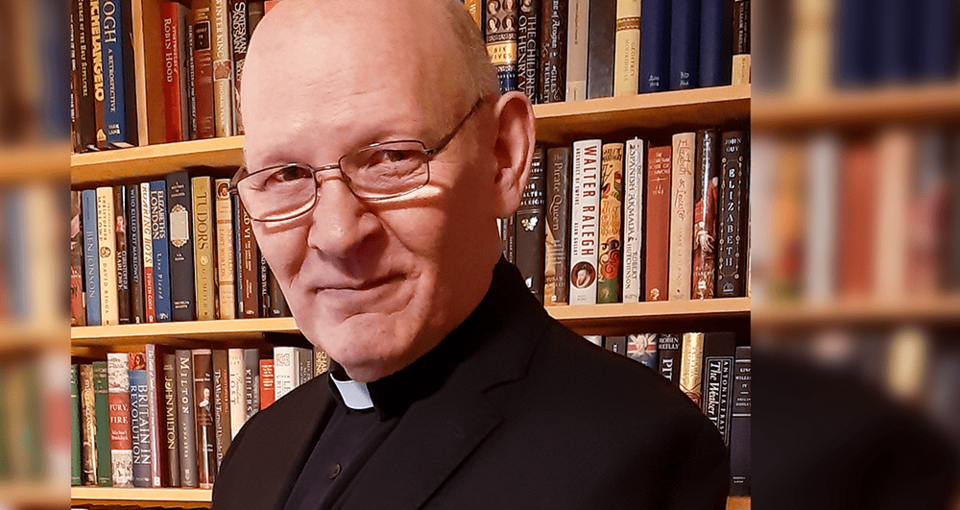There is nothing Christian about allowing women to die in illegal backstreet abortions. Nothing Christian about removing the basic right of a woman to control her own body. Nothing Christian about wanting to criminalize female equality.
This needs to be emphasized as it’s just been leaked that the U.S. Supreme Court has provisionally voted to overturn Roe v Wade, the iconic 1973 ruling that legalized abortion. Judge Samuel Alito apparently wrote in February that, “Roe was egregiously wrong from the start. Its reasoning was exceptionally weak, and the decision has had damaging consequences. And far from bringing about a national settlement of the abortion issue, Roe and Casey have enflamed debate and deepened division.”
He was supported by four other Republican-appointed justices — Clarence Thomas, Neil Gorsuch, Brett Kavanaugh, and Amy Coney Barrett. It provoked a storm of both support and opposition, and a genuine fear among women in the U.S. who assumed that their fundamental rights were protected. Not so, and expect other freedoms to be challenged by this court.
There’s a chapter in my last book, The Rebel Christ, entitled, “Life Begins at … Being Really, Really Angry About Abortion,” and while I realize that the optics scream otherwise, please know that the war on women’s reproductive choice isn’t at all Christian.
I’ve written about this issue before here, but some facts are worth restating. Until relatively recently the evangelical church had a far more nuanced and moderate position on the issue. As late as 1971, the Southern Baptist Convention, the largest Protestant church in North America, voted to, “work for legislation that will allow the possibility of abortion under such conditions as rape, incest, clear evidence of severe fetal deformity, and carefully ascertained evidence of the likelihood of damage to the emotional, mental, and physical health of the mother.”
In 1968, Christianity Today, the most influential magazine in the evangelical world, stated that abortion had always to be considered in the light of “individual health, family welfare, and social responsibility.” Both positions would be considered heresy today.
The Roman Catholic Church has been more consistently opposed to abortion but also objects to birth control, divorce, and women’s ordination. With all due respect, it’s difficult to regard this anachronistically patriarchal institution, that was so slow and reluctant to admit systemic sexual abuse of children, as a qualified commentator on the subject.
But what of scripture itself? The central point is that any ancient text, even one that is central to a religious faith and certainly crucial to my life and beliefs, has to be understood and interpreted in context and with understanding. Those reading this who think that I’m wrong, I respect your opinions but please know that I read my Bible in Hebrew and Greek as well as English, and have spent long periods studying in the Holy Land. In other words, I come at this with a certain qualification.
So, for example, when opponents of abortion quote Jeremiah: “Before I formed you in the womb, I knew you, and before you were born, I consecrated you; I appointed you a prophet to the nations,” they should grasp a few realities. First, this was written around 2,700 years ago. Second, the text is speaking more of a single person, “a prophet to the nations,” than making a sweeping comment about the beginning of life.
Or Psalm 139: “For it was you who formed my inward parts; you knit me together in my mother’s womb. I praise you, for I am fearfully and wonderfully made.” This is poetry and metaphor, a beautiful testimony to God’s love but not a guide to human biology. The very idea is un-biblical.
The New Testament has Elizabeth, the mother of John the Baptist, meeting Mary, mother of Jesus, and “the child leaped in her womb.” Again, a lyrical description of an event that shaped history, but not scientific and not supposed to be. If we’re to take a literalist approach to the Bible we’re in all sorts of trouble. By the way, it sometimes supports abortion, something the Christian right doesn’t like to mention.
What does run through scripture, if we read it through the light-filled prism of Gospel love and empathy, is care for the marginalized and powerless. And it is poor and racialized women in particular who will suffer if the extremists have their way. This isn’t about life and never has been. It’s about control. Of women, freedom, and progress. As a Christian I know where I have to stand. ◆



